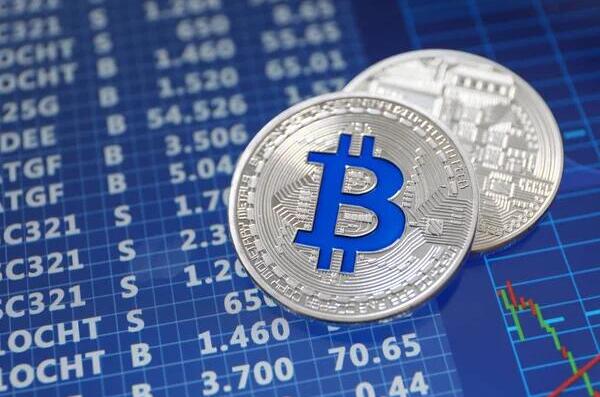Can Bitcoins Be Considered Legitimate Currency?
Hey there, curious minds! Today we are diving into the world of cryptocurrencies to explore the burning question: Can Bitcoins be considered legitimate currency? Buckle up, because we are about to take a rollercoaster ride through the ups and downs of the Bitcoin debate!

What Makes a Currency Legitimate?
Before we can answer the big question about Bitcoin, let's first understand what makes a currency legitimate in the first place. Traditionally, a currency needs to serve as a medium of exchange, a unit of account, and a store of value. These three functions are essential for any form of money to be accepted and widely used in an economy.
does Bitcoin tick all these boxes? Let's break it down:
- Medium of exchange: Bitcoin is definitely used as a medium of exchange in various transactions, from buying goods and services to investment activities. Its decentralized nature allows for peer-to-peer transfers without the need for intermediaries like banks.
- Unit of account: While Bitcoin prices are often quoted in traditional fiat currencies like the US dollar, it also functions as a unit of account within the cryptocurrency ecosystem. People often price goods and services in terms of Bitcoin.
- Store of value: This is where the debate gets interesting. The value of Bitcoin is known to be highly volatile, with significant price fluctuations within short periods. This volatility raises concerns about its ability to retain value over time.
Considering these factors, can Bitcoin truly be considered a legitimate currency or is it more of a speculative asset? Let's dig deeper!
Debunking the Myths: Why Some Say Bitcoin Isn't Real Money
There are several arguments against Bitcoin being classified as legitimate currency. Let's explore some of the key reasons:
- Lack of endorsement: One of the primary reasons cited is that Bitcoin is not backed by any central authority or government. Unlike traditional fiat currencies, which are issued and regulated by governments, Bitcoin operates independently of any official entity.
- Volatility concerns: As mentioned earlier, Bitcoin's price volatility is a significant hurdle in its path to becoming a stable store of value. The wild price swings make it challenging for users to trust Bitcoin for everyday transactions.
- Perception vs. reality: While Bitcoin is often referred to as a "virtual currency," it lacks the physical presence and legal tender status that traditional money holds. Its digital nature raises questions about its intrinsic value.
These arguments highlight the complexities surrounding Bitcoin's status as a legitimate currency. The debate continues to evolve as regulators, economists, and enthusiasts grapple with the implications of the rise of cryptocurrencies.
The Future of Bitcoin: Currency or Asset?
where does Bitcoin stand in the grand scheme of things? While opinions may vary, one thing is certain: Bitcoin has captured the world's attention and sparked a wave of innovation in the financial sector.
Some believe that Bitcoin's true value lies in its potential as a digital asset rather than a traditional currency. Its scarcity, divisibility, and portability make it an attractive investment vehicle and a hedge against inflation.
On the other hand, critics argue that the fundamental characteristics of Bitcoin prevent it from serving as a reliable medium of exchange or store of value. The ongoing regulatory challenges and scalability issues further complicate its path to mainstream adoption.
Whether Bitcoin will eventually transition from a speculative asset to a stable currency remains to be seen. As technology continues to advance and the financial landscape evolves, the role of cryptocurrencies like Bitcoin will undoubtedly shape the future of money.
Final Thoughts: The Ever-Evolving Bitcoin Debate
the question of whether Bitcoins can be considered legitimate currency is far from settled. The unique characteristics of Bitcoin challenge traditional notions of money and value, sparking a lively debate that shows no signs of slowing down.
As we navigate through the complex world of cryptocurrencies, one thing is clear: Bitcoin has disrupted the status quo and opened up new possibilities for financial innovation. Whether it will stand the test of time as a legitimate currency or evolve into a different form of digital asset remains to be seen.
Join the Conversation!
Now it's your turn to weigh in on the debate! What are your thoughts on whether Bitcoins can be considered legitimate currency? Do you see Bitcoin as the future of money or just a passing trend? Share your insights and let's keep the conversation going!
Please indicate:COINLIVEBASE » Can Bitcoins Be Considered Legitimate Currency?